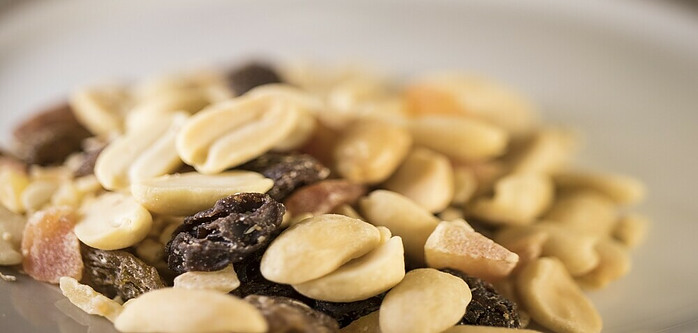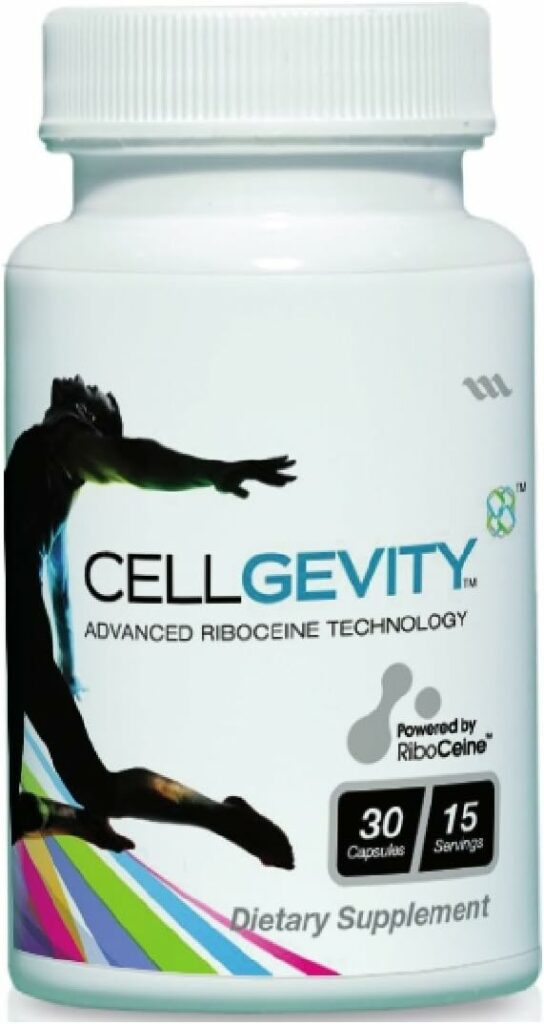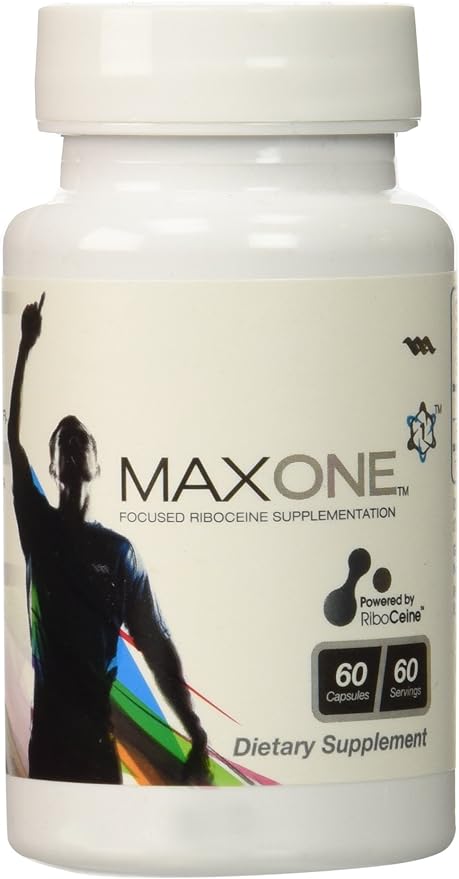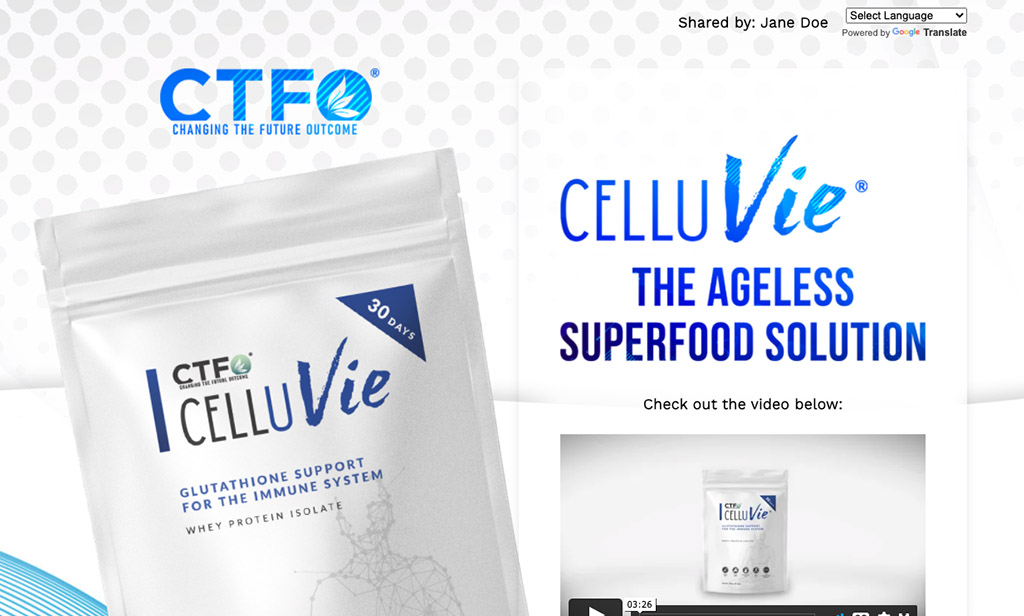Introduction to Skin Health in Your Golden Years
Understanding the importance of skin health for seniors
Did you know that the skin is the largest organ in the body? But, as we age, our skin undergoes several changes that can impact its overall health and appearance. By understanding these changes and implementing appropriate skincare practices, we can maintain healthy, glowing skin as we age. In this post we will discover the secrets to maintaining healthy skin for seniors.
The aging process leads to a decrease in the production of collagen and elastin, proteins responsible for skin’s elasticity and firmness. This results in the formation of wrinkles, fine lines and sagging skin. Additionally, the skin’s ability to retain moisture diminishes, leading to dryness, itching and increased sensitivity.

Furthermore, seniors are more prone to skin conditions such as age spots, cherry angiomas and skin cancer due to years of sun exposure. Maintaining a healthy diet rich in antioxidants, staying hydrated, and using gentle skincare products can help mitigate these changes and promote skin health. Regular exercise, adequate sleep and stress management also contribute to overall skin well-being.
By understanding the unique needs of aging skin and adopting appropriate skincare practices, seniors can preserve the health and beauty of their skin, enhancing their overall quality of life.

Common skin challenges faced by seniors
As we age, our skin undergoes numerous changes due to a combination of internal and external factors. These changes can lead to a variety of skin challenges that seniors commonly face.
One common issue is dryness, as the skin’s ability to retain moisture decreases with age. This can result in itching, flaking and a rough texture. Additionally, the skin becomes thinner and more fragile, making it more susceptible to bruising and tearing.
Age spots, also known as solar lentigines, are another prevalent concern caused by prolonged sun exposure over time. These spots are typically flat, brown or black in color and can appear on sun-exposed areas such as the face, hands and arms.
Furthermore, seniors may experience skin tags, which are small, fleshy growths that can develop on the neck, armpits or groin area. While these growths are generally harmless, they can be bothersome and may require removal for aesthetic or practical reasons.
Finally, seniors are more prone to skin cancer, particularly basal cell carcinoma and squamous cell carcinoma, due to years of cumulative sun exposure. Regular skin checks and sun protection measures are essential for early detection and prevention.

The role of a holistic approach to maintaining healthy skin as we age
As we age, our skin undergoes numerous changes due to intrinsic factors (such as genetics and hormonal shifts) and extrinsic factors (such as sun exposure, pollution and lifestyle choices). To maintain healthy skin during this transitional period, adopting a holistic approach that encompasses various aspects of well-being is essential.
This approach emphasizes the interconnectedness of the skin with the overall health of the body and mind. It includes nourishing the skin from within through a balanced diet rich in antioxidants, vitamins and minerals. Regular exercise, adequate sleep, effective stress management techniques and staying hydrated all contribute to skin health.
See post on The Importance of Hydration for Overall Health https://betterhealthbetteryou.com/the-importance-of-hydration-for-overall-health/
Furthermore, protecting the skin from environmental stressors, such as UV radiation and harsh chemicals is crucial. Employing gentle skincare products, avoiding excessive cleansing and utilizing sunscreens can help preserve the skin’s natural barrier.
There are some supplements that can also help restore moisture and elasticity to the skin. We will take a look at some products later in this post that this writer recommends.
By embracing a holistic approach that addresses both internal and external factors, individuals can promote healthy skin aging, characterized by resilience, radiance and a youthful glow.
The Cornerstones of Senior Skin Care
Hydration: The foundation of radiant senior skin
As we age, our skin naturally loses moisture, leading to dryness, wrinkles and a dull complexion. Maintaining adequate hydration is not only crucial for preserving the health and radiance of senior skin, it is also important in other areas of health and wellness as well.
Drinking plenty of water is the cornerstone of hydration, aiming for eight glasses per day. Incorporating water-rich fruits and vegetables into the diet further enhances hydration. In addition, using a gentle cleanser and avoiding harsh soaps can help preserve the skin’s natural oils. Applying a moisturizer daily, especially after bathing, helps lock in moisture and prevent dryness.
Consider using a humidifier in the bedroom to combat dry air, which can further dehydrate the skin. Engaging in regular physical activity promotes blood circulation and nourishes the skin from within. Avoiding excessive sun exposure and using sunscreen when outdoors protect the skin from harmful UV rays that can accelerate aging.
By following these hydration strategies, seniors can maintain healthy, radiant skin that reflects their inner vitality.

Protecting against environmental factors: Sunscreen and antioxidants
In the realm of skincare and health, protection against environmental factors plays a crucial role in maintaining healthy and youthful skin. Two key elements in this regard are sunscreen and antioxidants.
Sunscreen, as we know, shields the skin from the harmful ultraviolet (UV) rays emitted by the sun. These rays can cause sunburn, premature aging, and even skin cancer. Sunscreen works by either absorbing or reflecting UV rays before they penetrate the skin.
On the other hand, antioxidants are substances that neutralize free radicals, unstable molecules that can damage cells and contribute to aging and various health conditions. Antioxidants can be obtained through a balanced diet rich in fruits, vegetables and whole grains as well as through topical skincare products. We will look at a supplement later in this post that is very effective in reducing free radicals and eliminating the damage caused by oxidative stress at the cellular level.
By incorporating sunscreen and antioxidants into our daily routine, we can significantly reduce the impact of environmental stressors on our skin, promoting overall health and vitality.

Gentle cleansing and moisture retention strategies
As we age, our skin undergoes several changes, making it more prone to dryness, wrinkles and other skin concerns. Maintaining healthy skin in our senior years requires a gentle and nurturing approach.
One crucial aspect is cleansing. Harsh cleansers can strip away the skin’s natural oils, exacerbating dryness. Instead, opt for mild, fragrance-free cleansers that effectively remove dirt and impurities without causing irritation.
In addition, moisturizing is paramount, as the skin’s ability to retain moisture diminishes with age. Look for moisturizers with ingredients like hyaluronic acid, ceramides and glycerin, which help lock in moisture and prevent dryness.
Gentle exfoliation can also help remove dead skin cells and promote cell turnover, revealing smoother, more radiant skin. However, avoid harsh scrubs and opt for gentle exfoliating products or a soft washcloth with a mild cleanser.
Lastly, protect your skin from the sun’s harmful UV rays by wearing sunscreen daily, even on cloudy days. This helps prevent premature aging and the development of skin cancer. By following these gentle cleansing and moisture retention strategies, seniors can maintain healthy, youthful-looking skin for years to come.

The importance of regular dermatological check-ups
As we age, our skin undergoes various changes that can make it more susceptible to various conditions and diseases. Regular dermatological check-ups are of paramount importance for seniors to maintain healthy skin and address any potential issues early on.
These check-ups allow dermatologists to thoroughly examine the skin for signs of skin cancer, precancerous lesions and other abnormalities. They can also identify and treat common skin conditions associated with aging, such as wrinkles, age spots and dry skin.
Furthermore, dermatologists can provide valuable advice on proper skincare practices, including the use of sunscreen, moisturizers and other products that can help maintain the skin’s health and protect it from the damaging effects of the sun and environmental factors.
By scheduling regular dermatological check-ups, seniors can proactively safeguard their skin’s health, promote early detection of potential problems and receive appropriate treatment if necessary, ensuring optimal skin health and well-being throughout their golden years.
Nutrition’s Role in Nourishing Senior Skin
How diet directly impacts skin health
As we age, our skin undergoes various changes due to the natural aging process and lifestyle factors.
Maintaining healthy skin in our senior years requires a holistic approach, including a well-balanced diet. The foods we consume directly impact the health and appearance of our skin. A diet rich in essential nutrients, antioxidants and hydrating elements can promote skin health, reduce the appearance of wrinkles, improve elasticity and enhance overall skin radiance.
Incorporating fruits, vegetables, whole grains, lean proteins and healthy fats into our daily meals can provide the necessary nourishment for healthy skin. In addition, staying hydrated by drinking an adequate amount of water helps maintain skin’s moisture and plumpness.
By making informed dietary choices, seniors can positively influence their skin health and maintain a youthful and vibrant appearance.

Key nutrients that support healthy aging skin
Maintaining healthy skin in our senior years requires a balanced diet rich in specific nutrients that support the skin’s structure and function. These key nutrients include Vitamin A.
Vitamin A. Retinol, a form of vitamin A, plays a crucial role in cell turnover, promoting the growth of new skin cells and shedding of old ones. It also supports the production of collagen, a protein that provides strength and elasticity to the skin.
Vitamin C: This potent antioxidant helps protect the skin from free radical damage caused by environmental stressors like UV radiation and pollution. It also aids in collagen synthesis and brightening the skin’s complexion.
Vitamin E: Another antioxidant, vitamin E, works in synergy with vitamin C to neutralize free radicals and prevent oxidative damage to the skin cells. It also helps maintain the skin’s moisture barrier, preventing dryness and wrinkles.
Zinc: This essential mineral is involved in numerous skin processes, including cell regeneration, wound healing, and immune function. It also helps regulate oil production, reducing the risk of acne and other skin conditions.
Omega-3 Fatty Acids: Found in foods like salmon, walnuts and flaxseeds, omega-3 fatty acids have anti-inflammatory properties that can help reduce skin inflammation and improve overall skin health. They also contribute to maintaining the skin’s moisture barrier and elasticity.
By incorporating these key nutrients into their diet, seniors can support the health and vitality of their skin, promoting a youthful and radiant appearance.

Incorporating skin-friendly foods into your diet
As we age, our skin undergoes various changes due to factors such as decreased collagen production, reduced cell turnover and hormonal shifts. Maintaining healthy skin in our senior years requires a holistic approach that includes a balanced diet rich in skin-friendly nutrients. Incorporating certain foods into your daily meals can help nourish and protect your skin from within.
Fruits and vegetables, particularly those rich in antioxidants like vitamins A, C, and E are essential for combating free radical damage and promoting skin health. Leafy greens, citrus fruits, berries and colorful vegetables like carrots and bell peppers are excellent sources of these vital nutrients.
Healthy fats, such as those found in avocados, nuts, seeds and olive oil provide moisture and help maintain the skin’s natural barrier. Omega-3 fatty acids, abundant in oily fish like salmon, mackerel and sardines have anti-inflammatory properties that can benefit skin health.
Lean proteins including fish, poultry and legumes contribute to collagen production and tissue repair. Whole grains and legumes provide fiber which aids in digestion and elimination of toxins, promoting overall well-being and skin health.
By incorporating these skin-friendly foods into your diet, you can support your skin’s natural functions, maintain its youthful appearance and promote overall health and vitality as you age gracefully.

Staying informed: Navigating supplements and professional advice
Navigating the world of supplements and professional advice can be overwhelming. Seek guidance from healthcare providers to determine any underlying medical conditions or nutrient deficiencies that may be contributing to skin concerns.
Also, let’s get educated! Staying informed about reputable sources of information on skincare for seniors can help individuals make informed decisions about their skincare regimen. Consulting with dermatologists or skincare professionals who specialize in aging skin can provide personalized recommendations tailored to individual needs, ensuring a safe and effective approach to maintaining healthy, radiant skin throughout the aging process.

Supplements
The following are supplements which, in the view of this writer, are the one’s that lead to best results. I use these products myself and, in addition to the promoting a healthy skin, by increasing levels of glutathione, you will successfully manage chronic pain by reducing the inflammation that accompanies oxidative stress. The Max line of products is highly recommended. Click on the images in the sidebar for more information.
RiboCeine technology for glutathione support. Our bodies lose the ability to produce glutathione as we age. Glutathione is the body’s major anti-oxidant which combats the damage, at the cellular level, of oxidation which leads to inflammation.
Cellgevity from Max International

Cellgevity, Advanced Riboceine Technology, 30 Vegetable Capsules, 15 Servings. RiboCeine helps promote optimal levels of Glutathione. Removes harmful toxins and eliminates cellular inflammation. Neutralizes free radical damages and slows the aging process.

Max One, Focused Riboceine Supplementation, 60 Vegetable Capsules, 60 Servings.
About this item
- RiboCeine helps promote optimal levels of Glutathione.
- Removes harmful toxins and eliminates cellular inflammation.
- Neutralizes free radical damages and slows the aging process.
- Get more energy, recover faster and sleep better.
- Live a longer and healthier life.
CelluVie from CTFO (Changing the Future Outcome)

CelluVie Product Details Click Here
I hope you have enjoyed this content. I’m Grant Rayner. I’m 71 now and living the best years of my life on our homestead out on Canada’s east coast. Life is very physical out here and, correspondingly, our health and wellness is really important to my wife and I.
Our ‘golden years’ can, and should be our best! So if you have questions or comments on the content in this post or on any of the info on this site I’d love to hear from you! Please leave your questions or comments in the ‘Leave a Reply’ section below. Finally, receive notification as exciting, new content is added here at ’65 and Fabulous! Simply enter your name and best email in the form on the right-hand sidebar.

Grant Edward Rayner